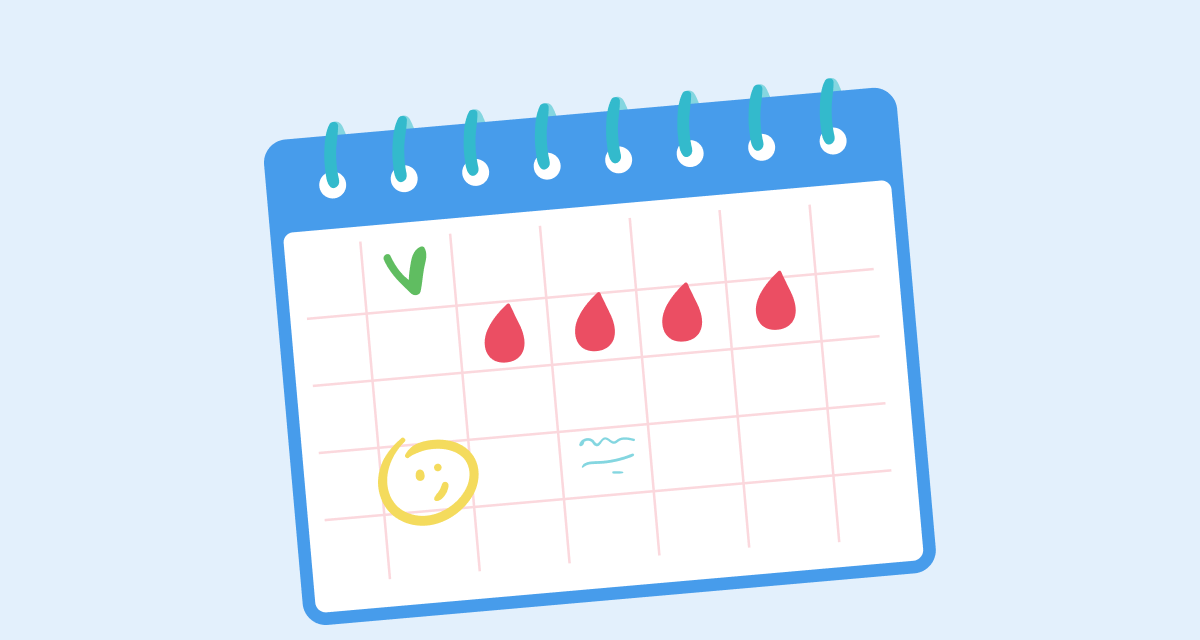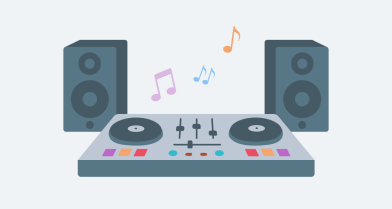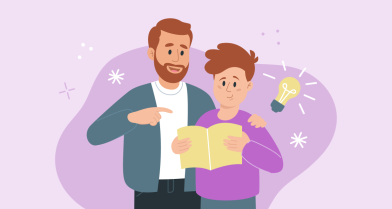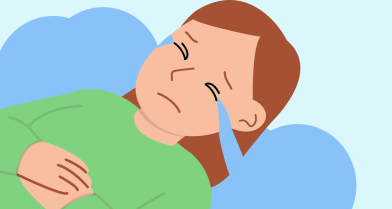When and How to Talk to Girls About Periods

Periods are a natural part of growing up. But for girls who don’t know what to expect, their first period can feel scary, confusing, or even shameful.
That’s why early, open conversations—with a parent, older sibling, aunt, or another trusted adult—can make all the difference. They help a girl feel safe, informed, and reassured: “There’s nothing wrong with me.”
When Should You Start the Conversation?
Don’t wait too long. Recent studies show that some girls start their period as early as age 8–10. Factors like nutrition, stress, environment, hormones, and lifestyle all play a role. So if you’re thinking, “That’s younger than when I was a kid,” you’re probably right.
The American Academy of Pediatrics recommends starting the conversation around ages 7–9 before the first period arrives. Even if your daughter hasn’t asked any questions yet, it’s best if she hears about this from someone she trusts—you.
If her period has already started, don’t worry. It’s still the right time to talk. Focus now on aspects such as hygiene, her body’s physical sensations, emotions, and understanding her menstrual cycle.
How to Talk About Periods
Choose a quiet, relaxed moment with no pressure or distractions. This topic isn’t awkward or taboo, it’s simply a part of life.
Use real words: “vulva,” “vagina,” “period,” “pads,” “menstrual underwear.” These aren’t bad words—they’re tools she needs to understand and talk about her body with confidence.
Be clear, honest, and age-appropriate — but don’t over-simplify. Here’s one way to explain it:
“Your body will soon start going through some changes. This is part of growing up, and it’s called puberty. One of the biggest changes is something called a period.
⠀
A period is when blood comes from your vagina. It’s part of your body’s monthly cycle, and it means your body is getting ready to have babies someday, if that’s something you want when you’re older.
⠀
Most girls get their first period between 9 and 13 years old, but everyone is different. Some people bleed a little, while others bleed more, and that’s normal too. It typically lasts between 3 and 7 days and comes around once a month.
⠀
You might feel tired, cranky, or get cramps in your belly. That happens to lots of girls and women. There are ways to feel better, like using a heating pad, resting, or taking medicine if you need to.
⠀
I wanted to talk to you about this now so you feel ready when it happens. You can always ask me questions, and we can choose what you’ll need together so you feel prepared and confident.”
It’s okay to have this conversation in parts. Come back to the topic whenever your daughter has questions or new changes come up.
If you’re not sure how to begin, you can use age-appropriate books about puberty and read them together as a way to open up the discussion.
Common Mistakes to Avoid
Even with the best intentions, adults sometimes make periods feel awkward or scary. Here’s what we suggest not to do:
- Don’t wait for her to bring it up on her own.
- Don’t avoid words like blood, vagina, or menstruation.
- Don’t describe periods as gross, annoying, or something to hide.
- Don’t make jokes, use code words, or be overly dramatic.
- Don’t just hand her some pads and assume she’ll figure it out.
Even if you feel awkward at first, your calm, respectful approach will help her feel safe in her changing body, and build trust between you.
A period isn’t something to be ashamed of. It’s a normal, healthy part of life, and no girl should have to go through it alone or in fear. With your support, she’ll know: “I’m okay.”
References:
- Menstrual education for preadolescents: A systematic review, The Journal of Pediatrics, 2024
- No more “just deal with it”: Helping teens have easier periods, Stanford Medicine News Center, 2023
- 9 Ways to Prepare Your Child for Their First Period, Parents, 2023
Проверьте электронный ящик



















